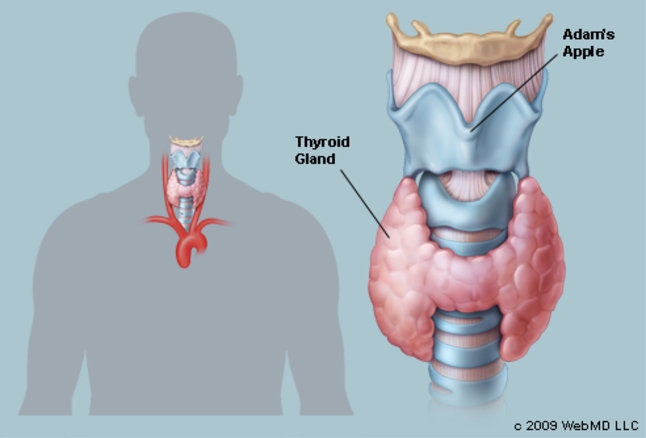
When assessing your thyroid activity and monitoring your treatment to decide if you are taking the right dose of thyroid hormone we look at
1. Your symptoms (things you feel and notice eg level of energy)
You have a chart that it will be useful for you to use to record your symptoms over time. Please keep a weekly record and bring it with you to your appointments.
2. your signs ( things we can observe about your body eg your pulse rate)
Your doctor will keep a record of this.
3. Your test results
There are several blood, urine and other tests that we do when indicated. The results of these will be discussed at consultations. There are 3 hormones in particular that we monitor in the blood regularly: T4, T3 and TSH. None of the tests on their own give a definitive answer as to whether we are giving you the right amount of thyroid hormone. The level of hormones in your blood does not necessarily correlate with the level of thyroid activity in your cells. This is because there are thyroid receptors inside the cells which the thyroid hormone has to combine with in order to make you healthy. There are varying levels of thyroid receptors and we can’t measure them because they are outside the blood. Therefore, your body is the best indicator of the level of thyroid activity and so we place a lot of importance on what you and your body tell us.
Because the picture is complicated and because the doctors at Karanga Health Centre sometimes make a decision about thyroid treatment which could be different from the decision most other doctors in New Zealand would make, we would like you to be informed about the thinking behind our decisions.
One divergence of opinion you may encounter relates to the level of TSH (Thyroid Stimulating Hormone) in the blood. Frequently doctors use TSH alone to screen for thyroid activity and to monitor the treatment. Karanga doctors consider this inadequate for both purposes.
1. Diagnosis
If your TSH is too high it is an indication that you have low thyroid activity. Your pituitary considers that the levels of thyroid hormone are low and it makes more TSH to try and get your thyroid gland to make more thyroid hormones. The level of TSH that is generally accepted in New Zealand as being too high and requiring treatment is higher than Karanga doctors and other leading groups internationally believe to be acceptable. Thus many hypothyroid patients go untreated and undertreated. The consequences of this are enormous, given the widespread effects of thyroid hormone in the body.
2. Monitoring
Sometimes when patients receive an amount of thyroid hormone that provides a good level of T3 in the blood and the patient appears to be well with respect to thyroid activity there is no TSH to be seen in the blood. Most doctors think it is not good to have no TSH in the blood. There is some truth in this because TSH does have a role to play in the body. But if the only way to have healthy thyroid activity is to do without TSH then the choice should favour healthy thyroid activity. This is because the role of thyroid hormone is known to be far more important than that of TSH. Thyroid hormone drives your metabolism ie every chemical reaction inside the cell is dependent on it. It helps glucose out of the blood and into the cell independently of insulin and so low thyroid activity contributes to the development of diabetes. It helps cholesterol to be metabolized and made into your adrenal hormones, so low thyroid function contributes to heart disease and adrenal problems.
TSH is made in the pituitary gland in the brain when the pituitary receives a message that there is a need for thyroid hormone. It tells the thyroid gland to make thyroid hormone. If your thyroid gland is not making enough thyroid hormones anyway and we are supplementing your levels, then your TSH is of little use in this respect. A low TSH has been associated with osteoporosis but this can be avoided by having good levels of other hormones like estrogen and progesterone which are even more important than TSH for maintaining bone health. Low TSH has also been associated in elderly people with atrial fibrillation, an irregular heartbeat. We can monitor your pulse to avoid this.
There seems no good reason to sacrifice thyroid health for TSH levels. This is the opinion of many other doctors internationally with whom we have studied and conferred. The International Hormone Society www.intlhormonesociety.org has a section entitled “physician consensus” which includes a statement relating to the management of low thyroid function. The consensus has been signed by many hundreds of doctors internationally who agree with our thinking on this subject.
For more information about the complexity of TSH, T4 and T3 measurements in the blood as a tool for diagnosis of hypothyroidism, I refer you to Dr Kent Holtorf’s articles www.nahypothyroidism.org